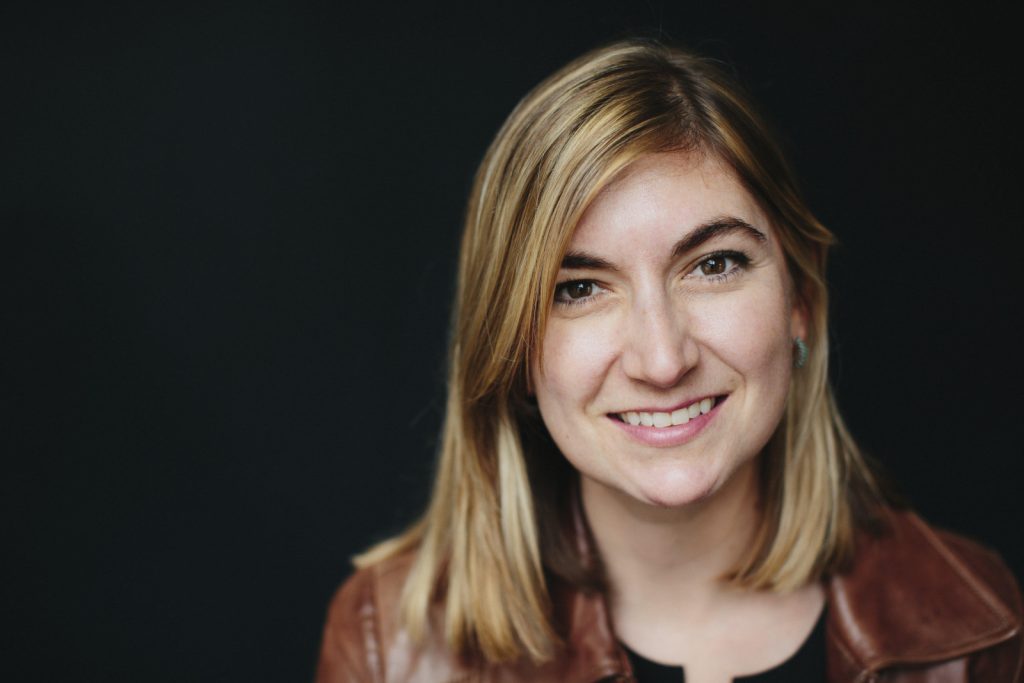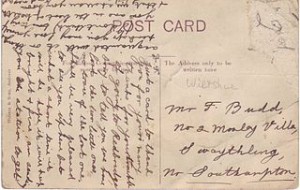
It is with enormous pleasure that we announce the finalists for the seventh annual New England Review Award for Emerging Writers.
Su Cho (41.1)
Justin Danzy (41.3)
Lydia Paar (41.4)
Kate Petersen (41.3)
Laura Schmitt (41.2)
Samyak Shertok (41.4)
This award provides a full scholarship to the Bread Loaf Writers’ Conference—the exact details of which are still to be determined for 2021—and is given annually to an emerging writer who offers an unusual and compelling new voice and who has been published by NER in the past year. The winner will be announced in March.
Congratulations to all six finalists!
We are proud to have published such strong work from emerging writers in 2020.



